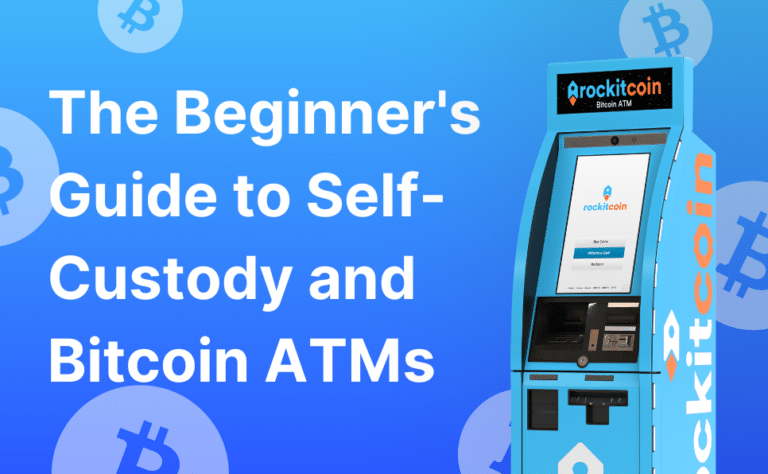Cryptocurrency ownership can be an exciting yet challenging journey, especially for those new to the digital currency space. Whether you’re buying Bitcoin, Ethereum, or another type of cryptocurrency, understanding best practices for secure and effective ownership is crucial. In this guide, we’ll cover essential crypto tips to help you protect your investments, navigate crypto wallets, and understand the do’s and don’ts of the crypto world.
1. Choose the Right Wallet for Your Needs
One of the first steps in owning cryptocurrency is selecting the right wallet. Wallets can be classified into three categories: hardware wallets, software wallets, and exchange-hosted wallets.
Hardware Wallets
These physical devices store your cryptocurrency offline, providing robust security. For long-term holders or those with large amounts of crypto, a hardware wallet like Trezor, Ledger, or NGRAVE is a strong choice. Since they are offline, they are less vulnerable to hacks and malware. Read our guide to hardware wallets to learn more about them.
Software Wallets
Available on desktop or mobile, software wallets offer convenience for those who frequently trade or use crypto. Apps like the RockItCoin App allow users to purchase and manage their crypto easily.
2. Protect Your Private Keys
One of the most fundamental crypto tips for ownership is safeguarding your private keys. These keys are essentially the password to your crypto wallet. If anyone gets access to them, they have access to your crypto.
- Never Share Your Private Keys: Under no circumstance should you share your private keys with anyone. Scammers often attempt to trick new crypto owners into handing over their keys. This is especially the case with paper wallets, where the private key is printed out.
- Use Cold Storage for Large Amounts: Cold storage refers to keeping your private keys offline, which significantly reduces the chances of theft through hacking. This is done through using a hardware wallet, commonly referred to as a “cold wallet”.
- Backup Your Keys: Make sure you have a secure backup of your private keys, preferably in a physical form like writing them down and storing them in a safe place.
3. Enable Two-Factor Authentication (2FA)
Two-factor authentication (2FA) is an extra layer of protection for your cryptocurrency accounts. This method requires not only a password but also a code sent to your mobile device or an authentication app.
- Use Authentication Apps Over SMS: While SMS-based 2FA is better than nothing, it is more vulnerable to SIM-swapping attacks. A more secure alternative is to use authentication apps like Google Authenticator or Authy to provide more security.
- Regularly Update Your 2FA Settings: It’s a good practice to review and update your 2FA settings regularly. Ensure the devices linked to your 2FA are up to date and secure.
4. Keep Your Software Updated
Cryptocurrency software, including wallets and exchanges, frequently release updates to patch security vulnerabilities and improve functionality.
- Enable Auto-Updates: Set your software to update automatically, so you don’t miss critical patches.
- Regularly Check for Firmware Updates: If you’re using a hardware wallet, make sure you’re keeping its firmware updated to the latest version to ensure it remains secure.
5. Beware of Phishing Scams
Phishing is one of the most common threats in the cryptocurrency world. Scammers will often try to trick you into revealing personal information, including your wallet passwords or private keys.
- Check URLs Carefully: Always double-check the URL of the site you’re visiting, especially when accessing an exchange or wallet. Scammers create fake websites that look identical to legitimate ones to steal your login details.
- Avoid Clicking on Suspicious Links: Be cautious of emails or messages that prompt you to click on links, especially if they claim to be from a crypto-related service.
Learn How to Spot and Avoid Bitcoin Scams 🡢
6. Stay Informed About the Market
Crypto markets are incredibly volatile, and prices can change rapidly. Staying informed is crucial for making smart investment decisions.
- Use Reliable News Sources: Stick to reputable news sources like CoinDesk, CoinTelegraph, or RockItCoin’s This Week in Crypto for up-to-date information.
- Avoid FOMO (Fear of Missing Out): It’s easy to get caught up in the hype when a coin’s price is skyrocketing, but this can lead to impulsive decisions.
Conclusion
Owning cryptocurrency is about more than just buying coins; it’s about securing and managing those assets for the long term. By following these crypto tips, you can protect your investments, stay informed about the market, and navigate the crypto landscape with confidence. Whether you’re new to cryptocurrency or an experienced holder, applying these best practices can help safeguard your cryptocurrency and ensure a smoother crypto ownership experience.








